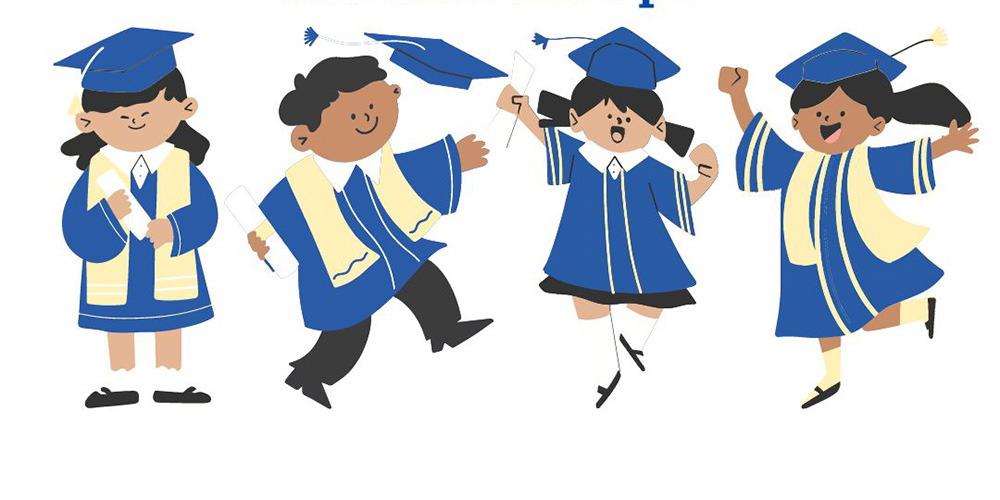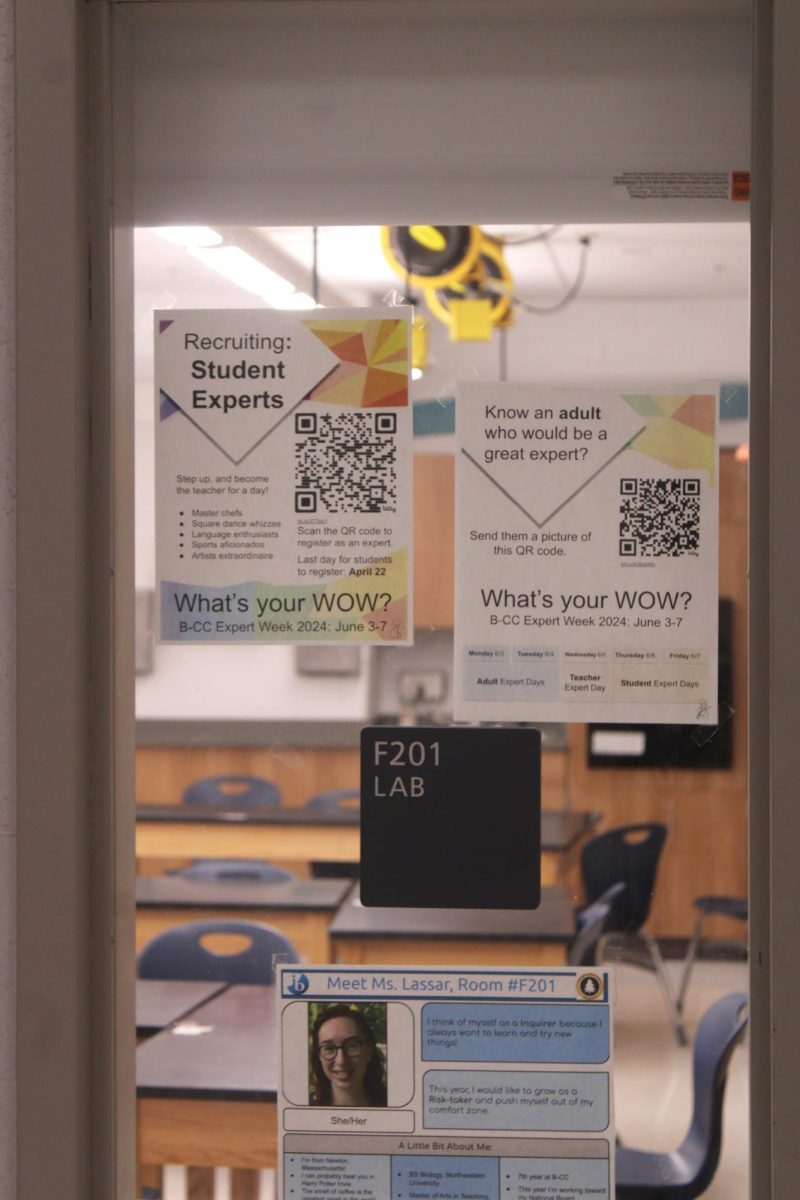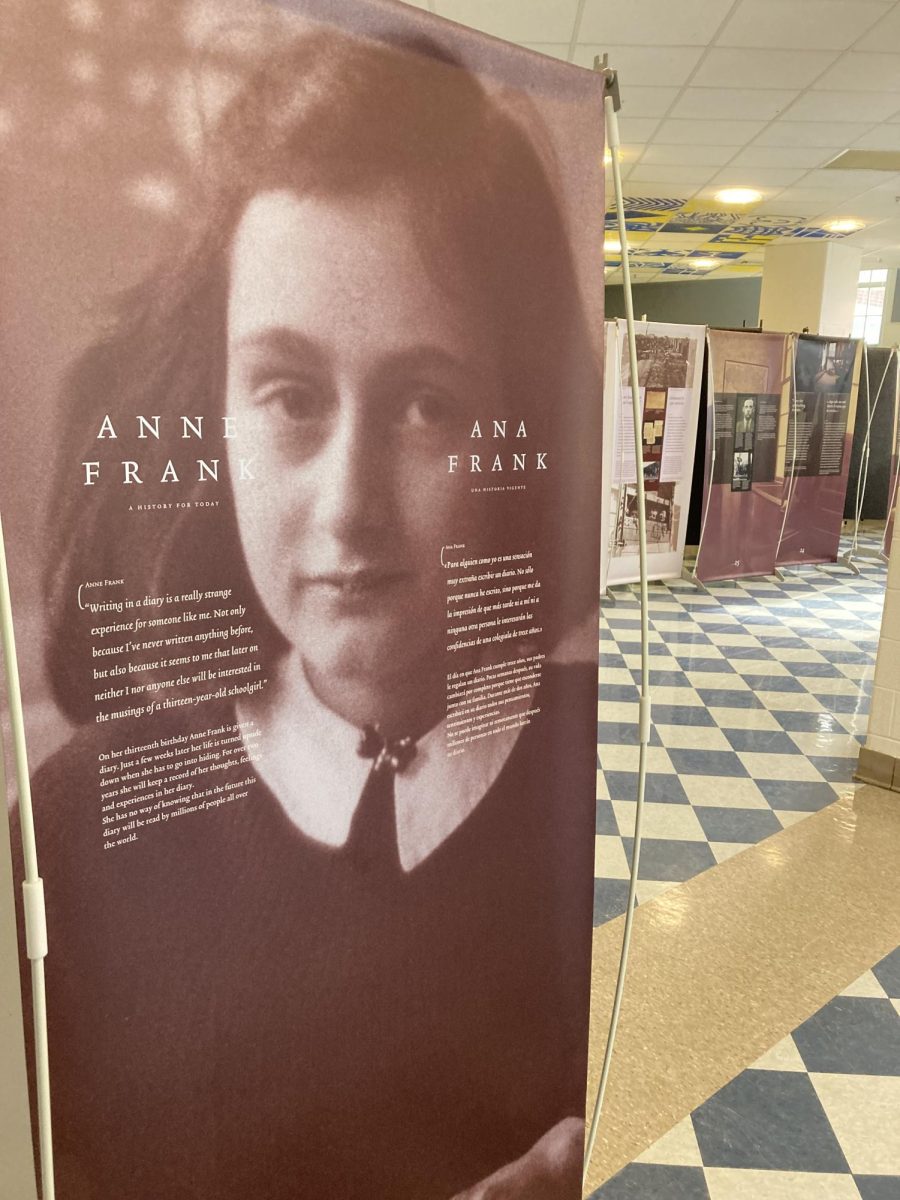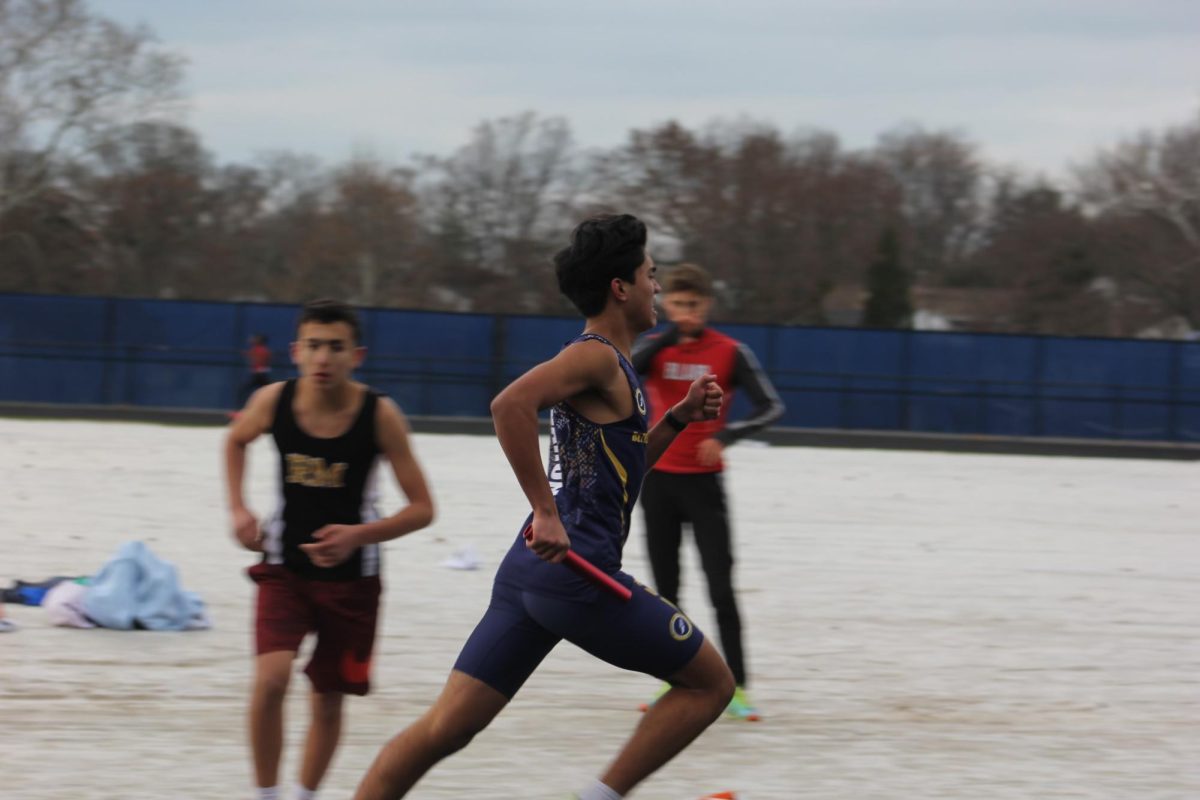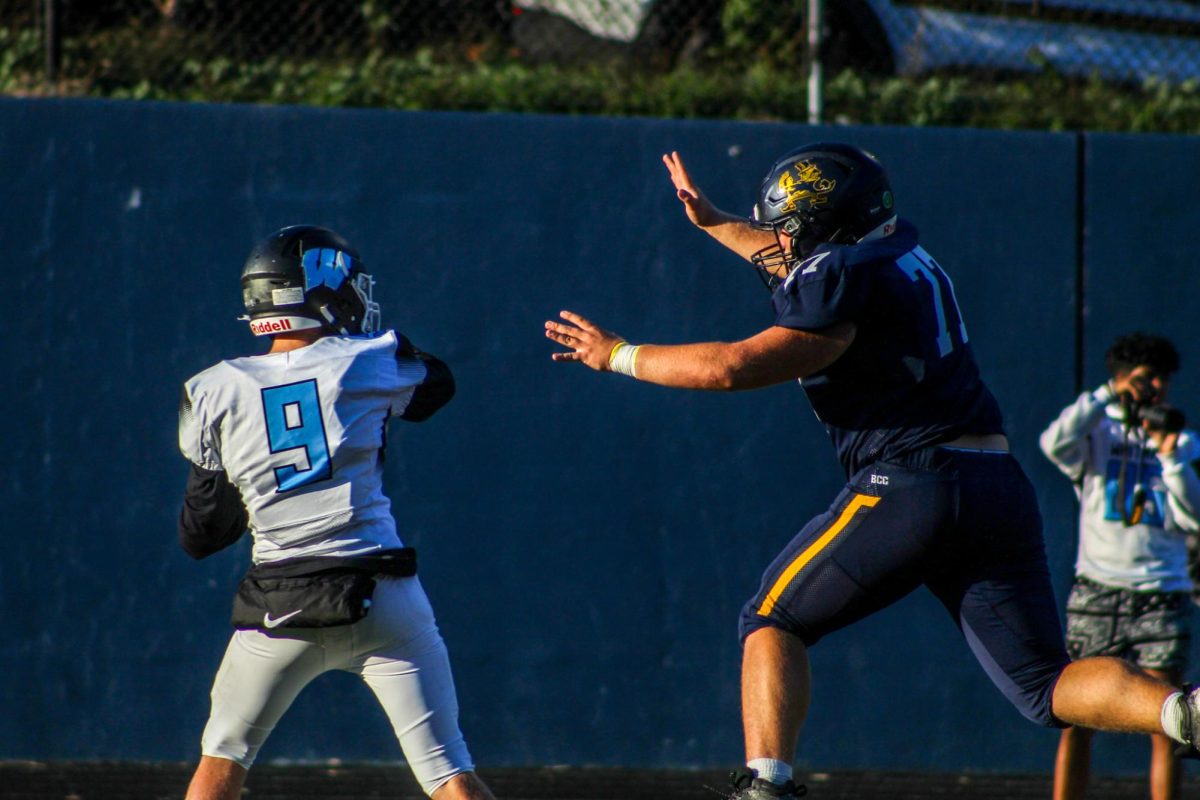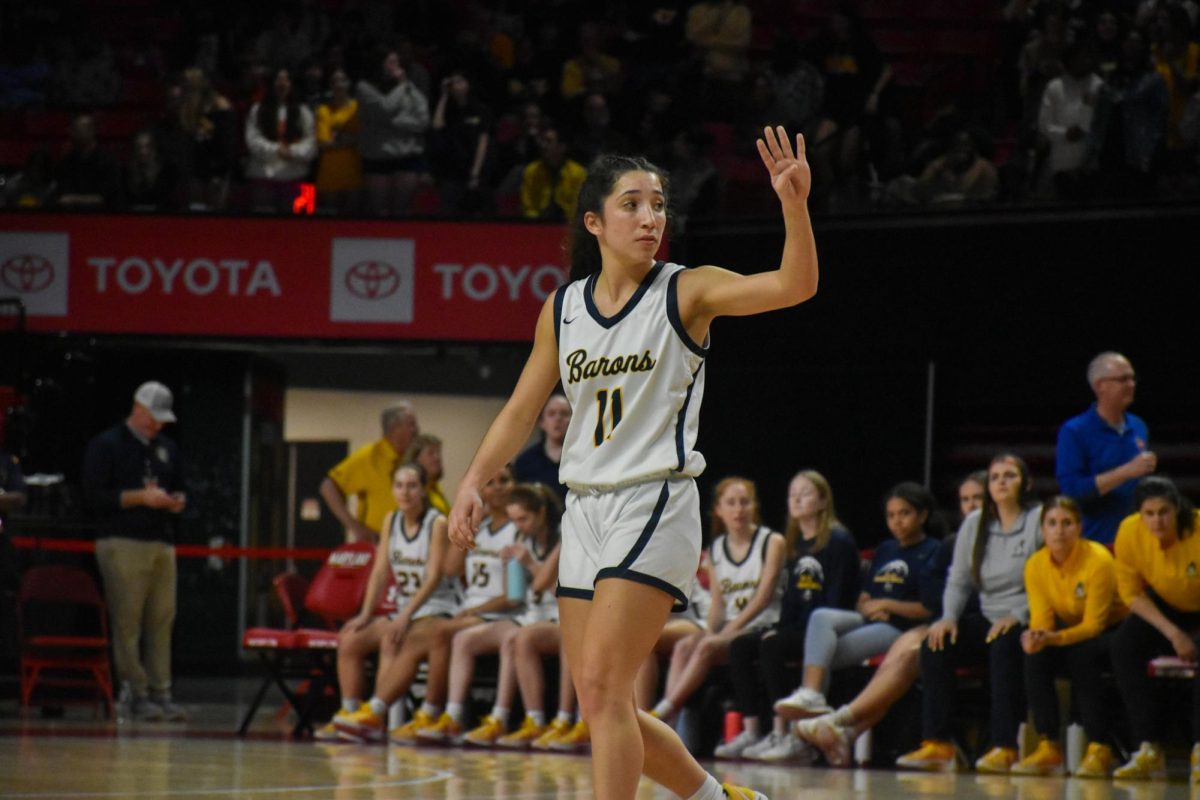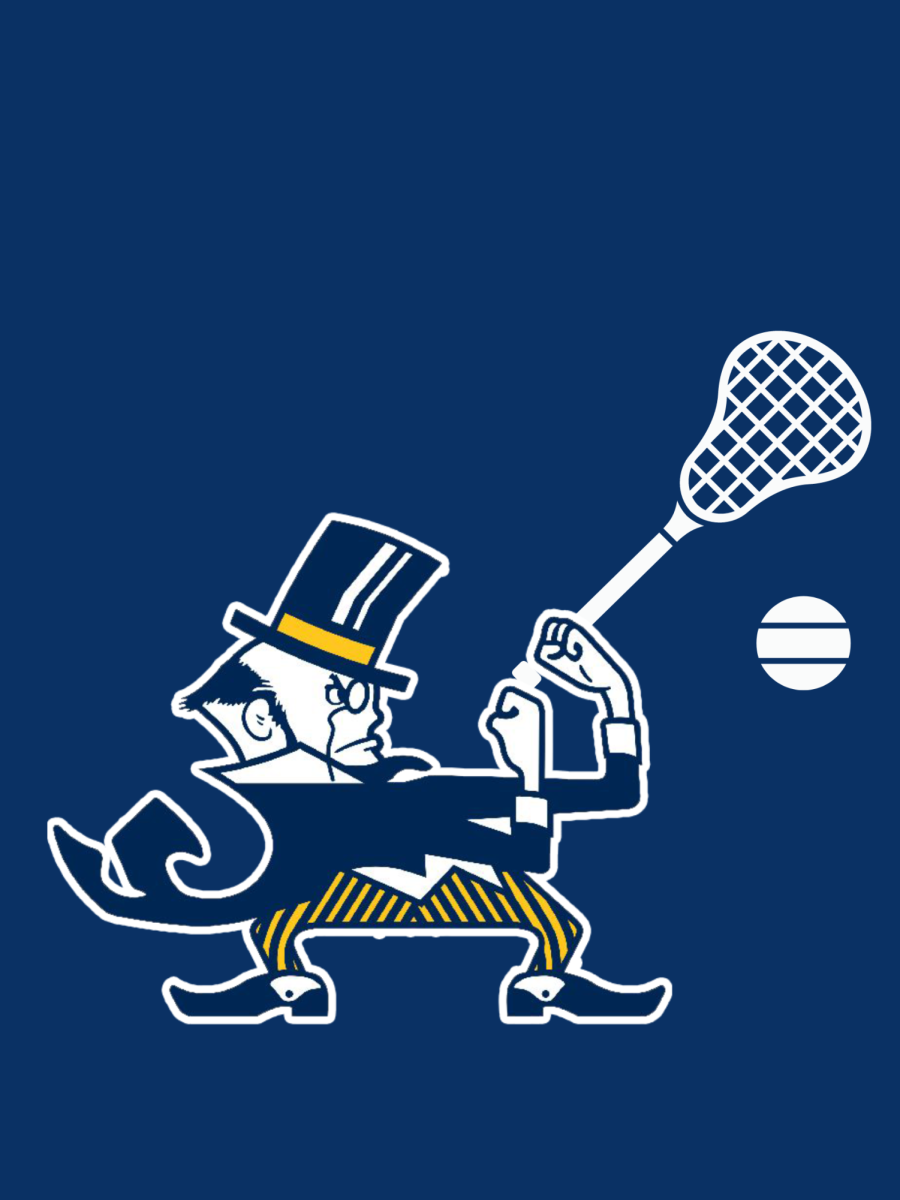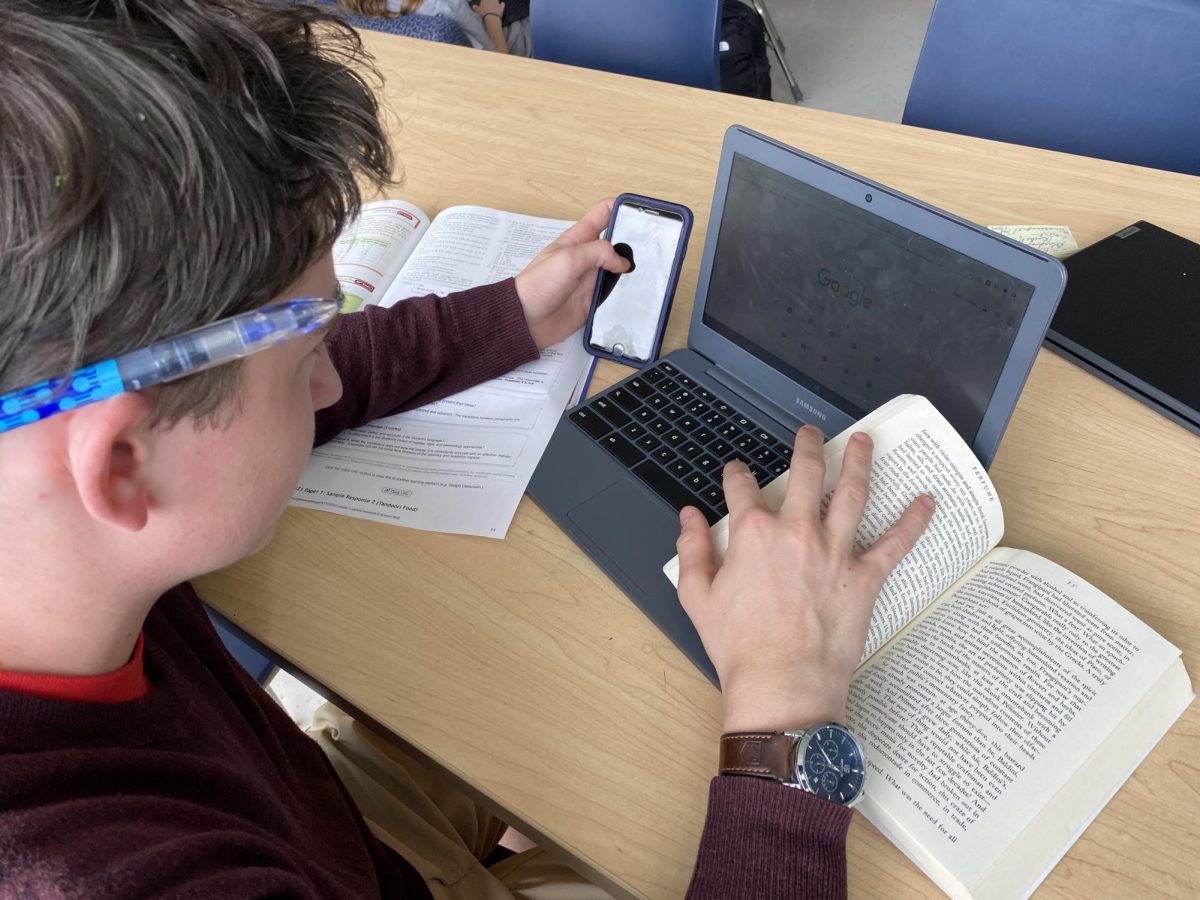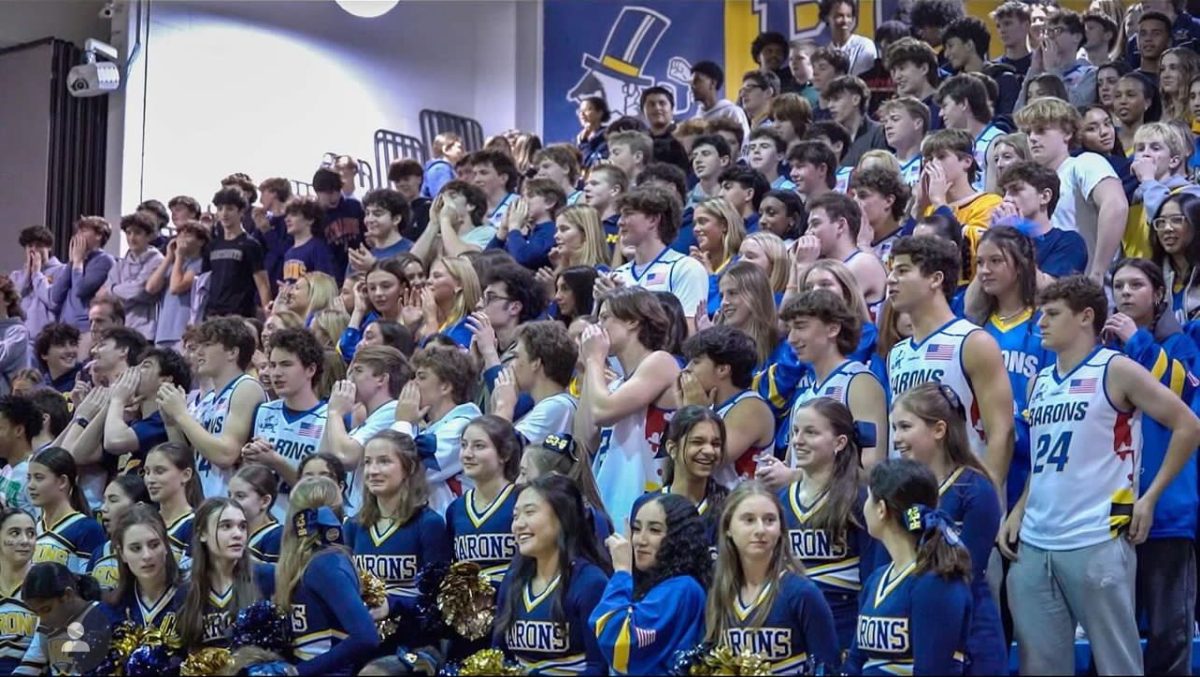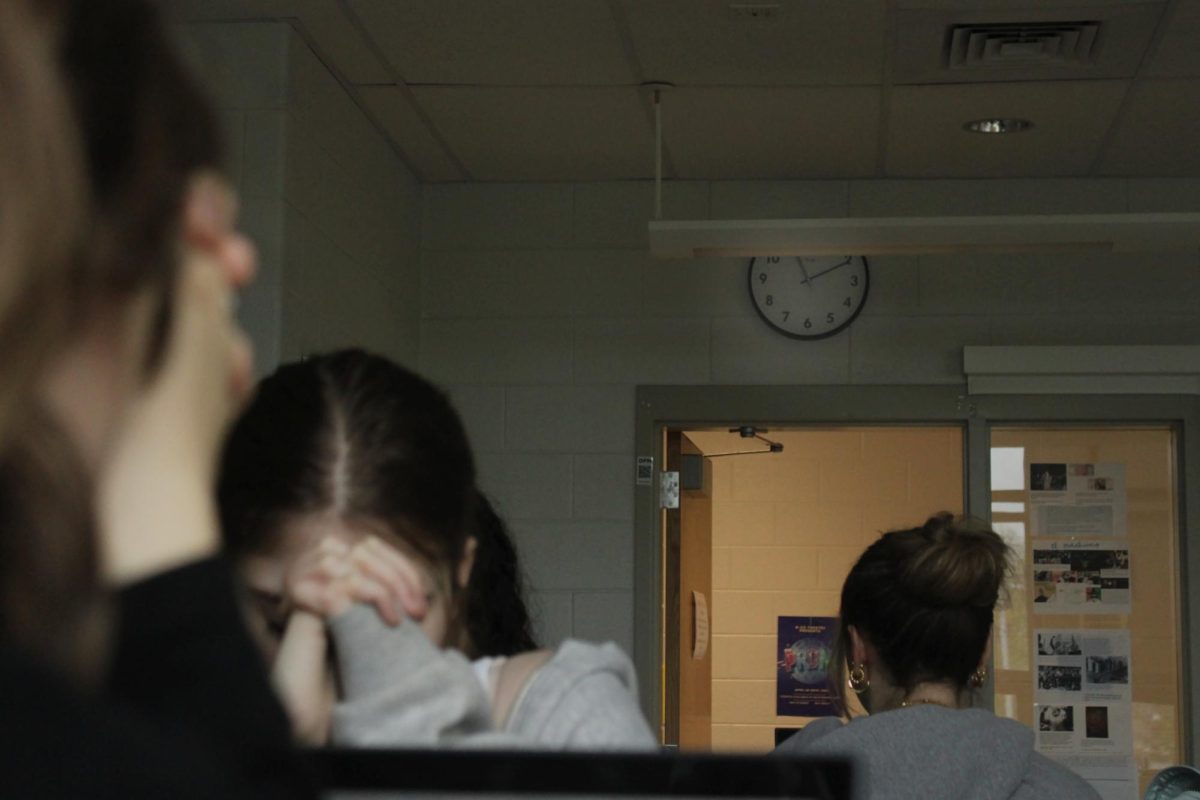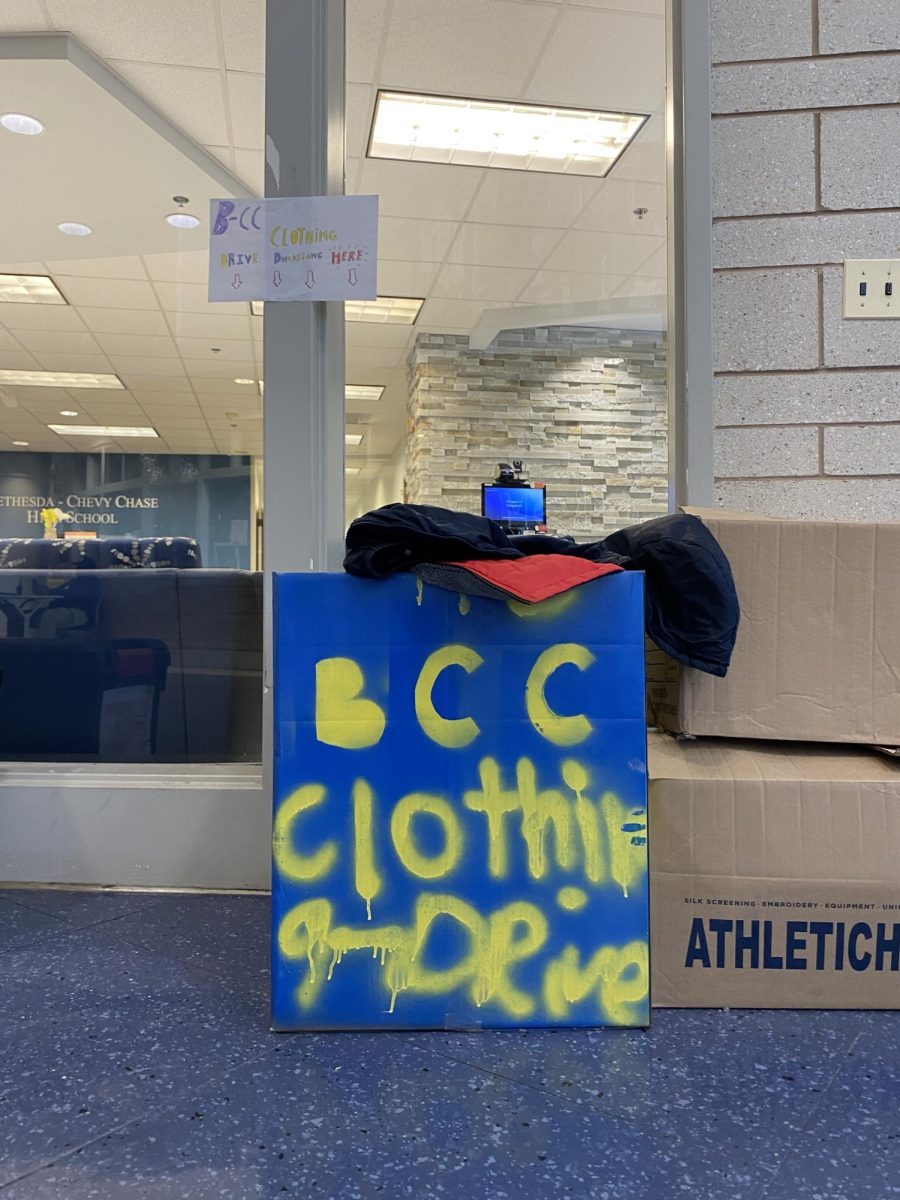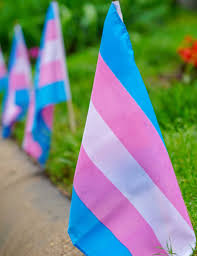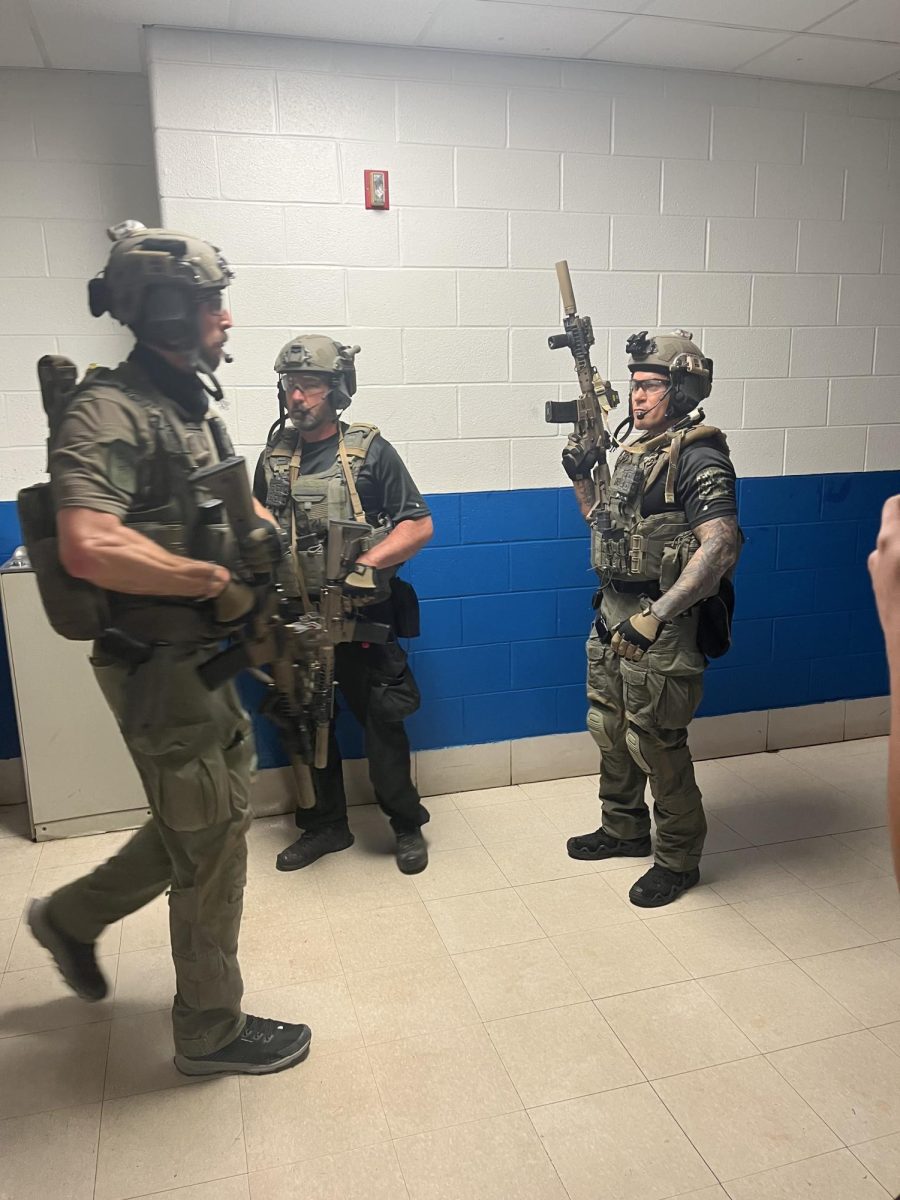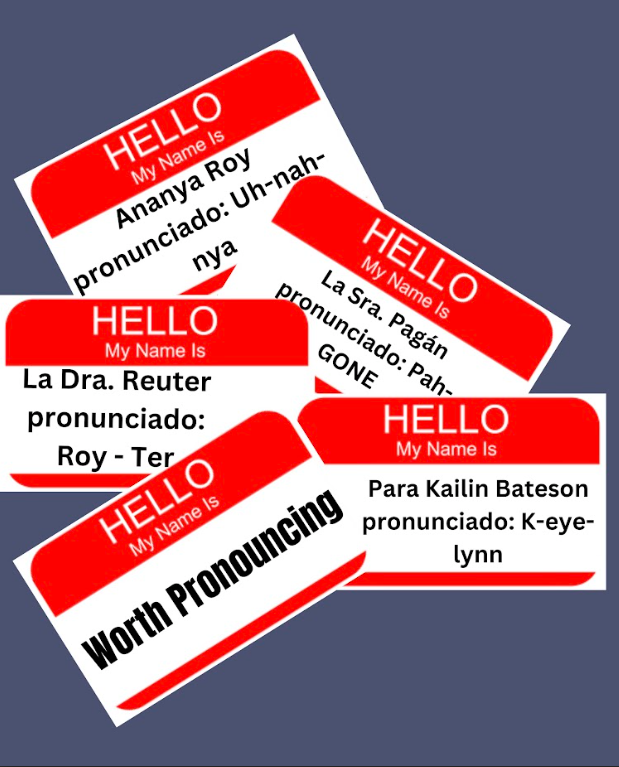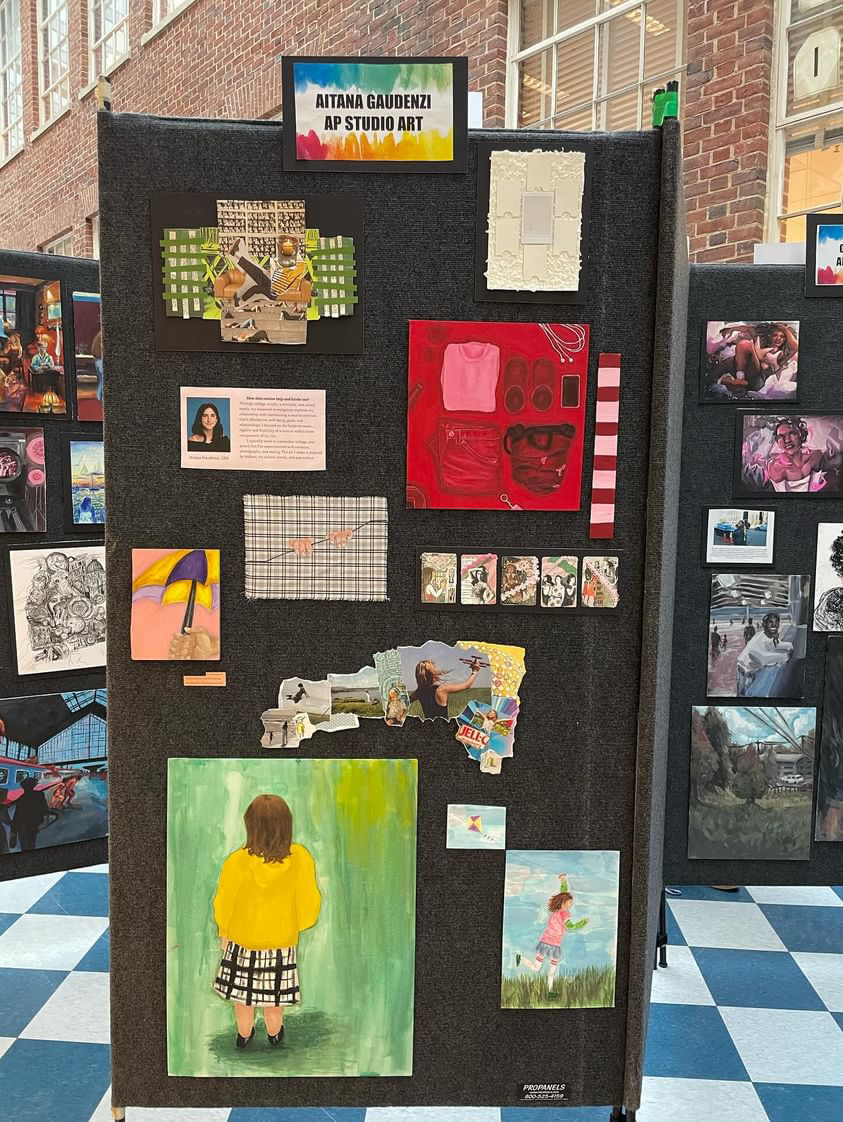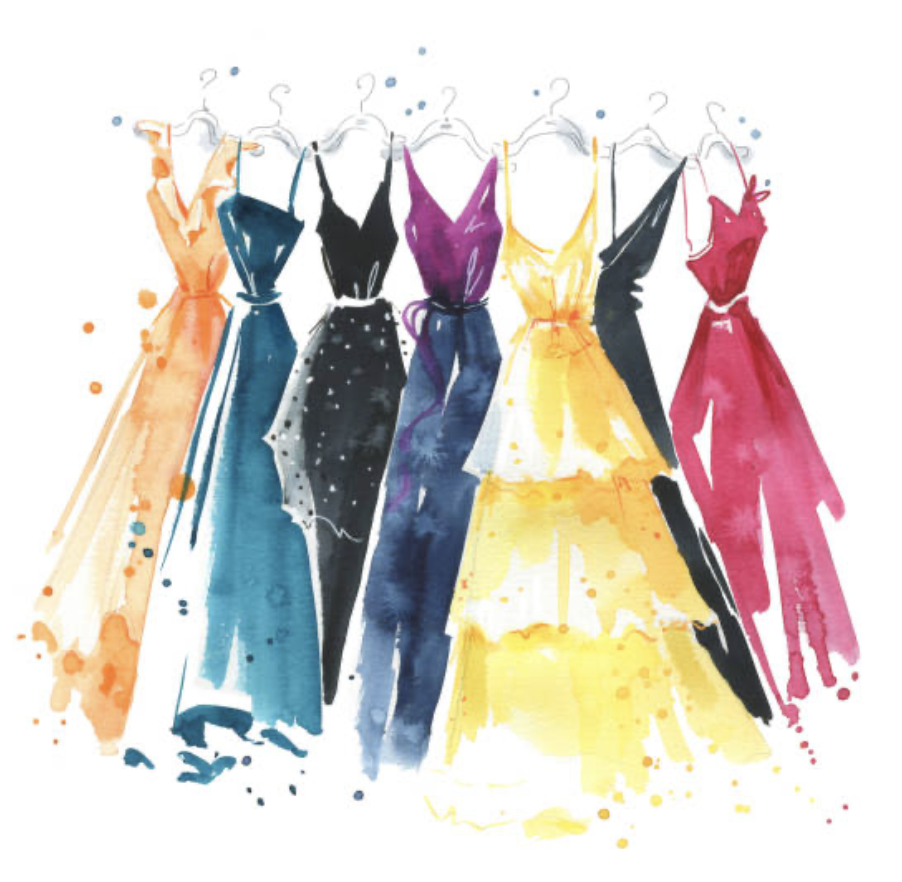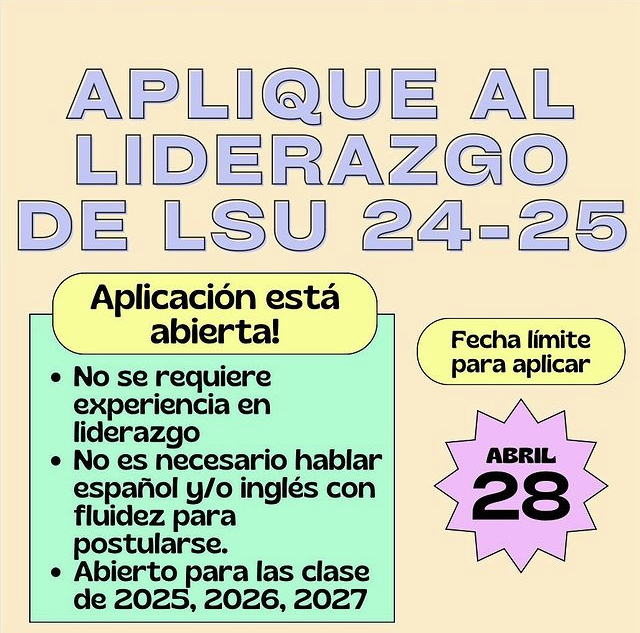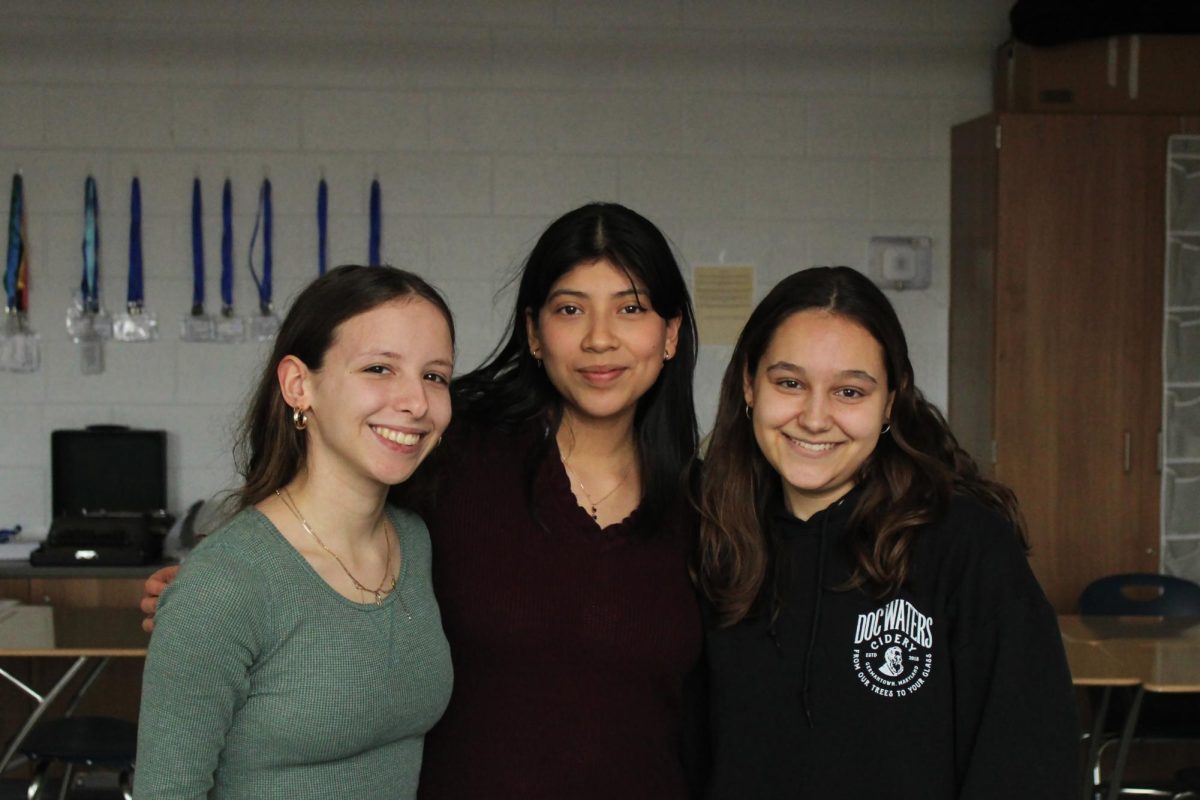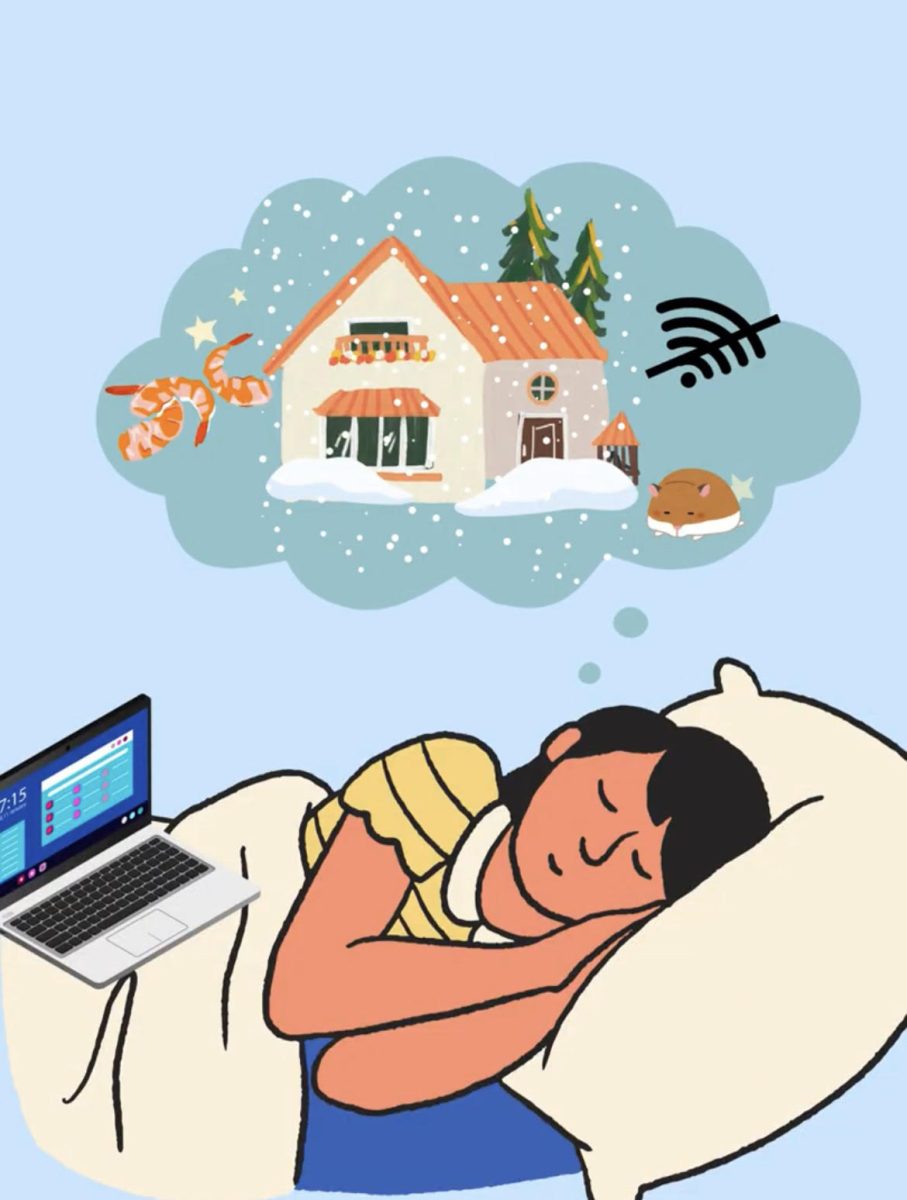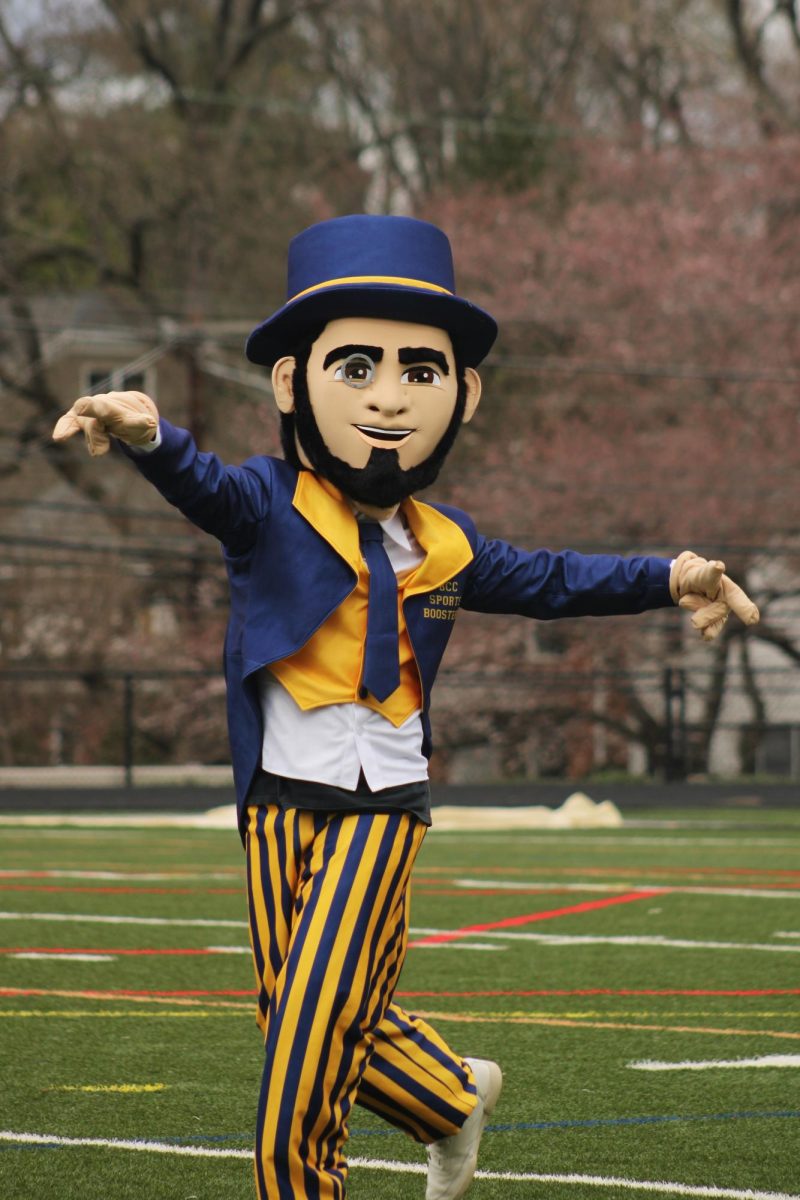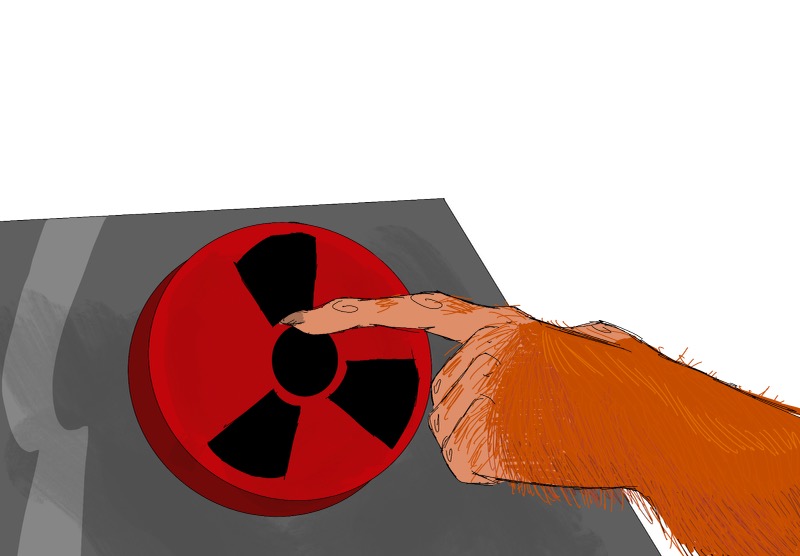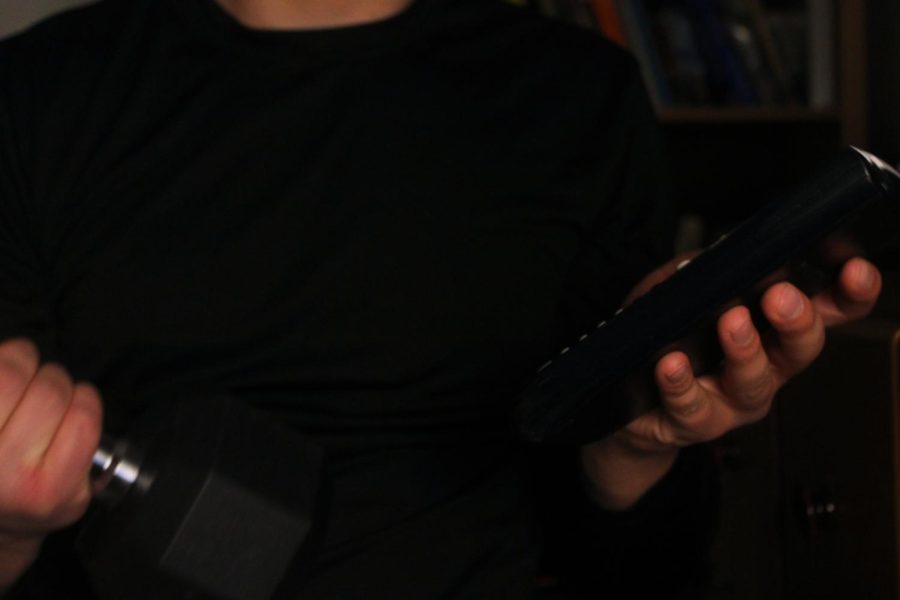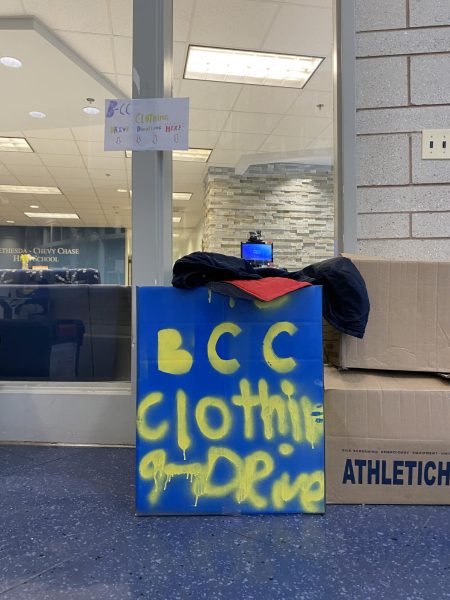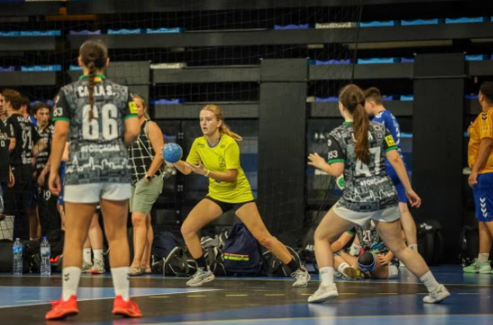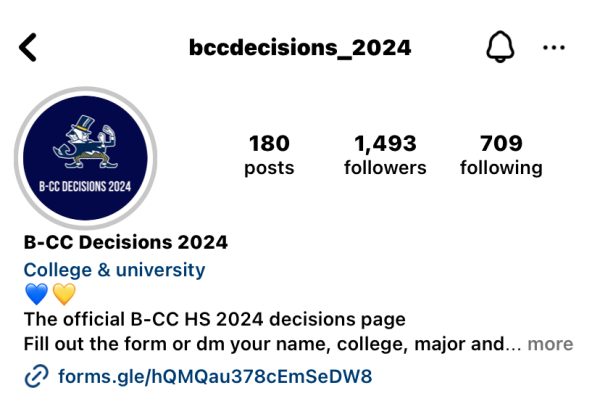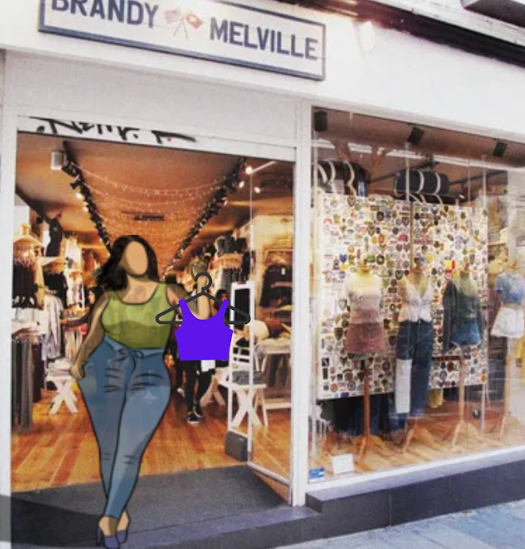Are “Mean Girls” a Thing of the Past?
How Modern Teen Dramas Are Embracing Realistic Characters and Breaking Stereotypes
Why not both?
Jocks. Nerds. Mean girls. Theater kids. Band geeks. Rebels. All examples of exaggerated stereotypes of teens from TV shows and movies that have been engraved into young minds across the world. However, over the years, these stereotypes have shifted to become less rigid and uniform, creating more nuanced and realistic characters than in the past, with new films often allowing viewers to understand why characters are the way they are. Leads are becoming more relatable, and unlike older films, character development is a main focus throughout TV shows and movies.
When teen dramas became more popular in the late 1990s, producers offered no deeper understanding of why mean girls were mean, why jocks were so uptight, and why nerds were scared to speak up.
“I don’t like the way [Mean Girls] stereotypes cheer because the social aspect of it is different from the way [it showed] them to be…they made every cheerleader a mean girl,” explained junior Molly Sylvester, a member of B-CC’s cheer team.
Another Baron, basketball player Isaiah Nickelson, also disagrees with the stereotypes presented in older movies. He voiced that he doesn’t treat anyone who isn’t on a varsity sports team like they are less than him, differing from what is shown in past high school movies. “I don’t see a superiority in any sort of age or sport,” said Nickelson, adding, “I just feel like if they are my friends, they are my friends.”
A leader on the robotics team, Sophie Messinger, also challenges the idea present in many old films that all high schoolers focus on only one thing. She shared, “Within the B-CC robotics realm, the students aren’t only confined to one interest – they are also athletes and singers and dancers,” said Messinger, adding, “That’s what I like about B-CC: everything is so diverse.”
However, with modern TV shows, times have changed.
Take the high school quarterback, Jordan Baker, in season one of All-American, for example. This character is first viewed as an arrogant, “tough guy” who is rude to the new kid, but as the season goes on, we get more and more reasoning for why he was like this. By the end of the season, it is revealed that Baker was insecure, which was rooted in jealousy of his teammate getting all of the attention from their coach, who is also Baker’s father and someone he seeks approval from.
Sarah Cameron, a character in the popular series Outer Banks is first known for being the disrespectful, popular party girl that just wants to have fun forever, but within a few episodes of the pilot episode, Cameron breaks out of her perfect world and blossoms into a more agreeable and realistic teenage girl.
This new angle of high school shown in today’s entertainment represents a realer depiction of B-CC students that high schoolers everywhere can resonate with. The truth of it all is that “nerds” have other interests, “jocks” aren’t dumb, and “mean girls” are kind.

Caroline O'Brien, a B-CC junior, serves as a Tattler writer and specializes in Arts & Entertainment. Caroline has always enjoyed writing, but she specifically...
Nat is a B-CC senior and is reprising his role as section director of art and photography for the second year in a row. In his free time, Nat enjoys boxing,...


